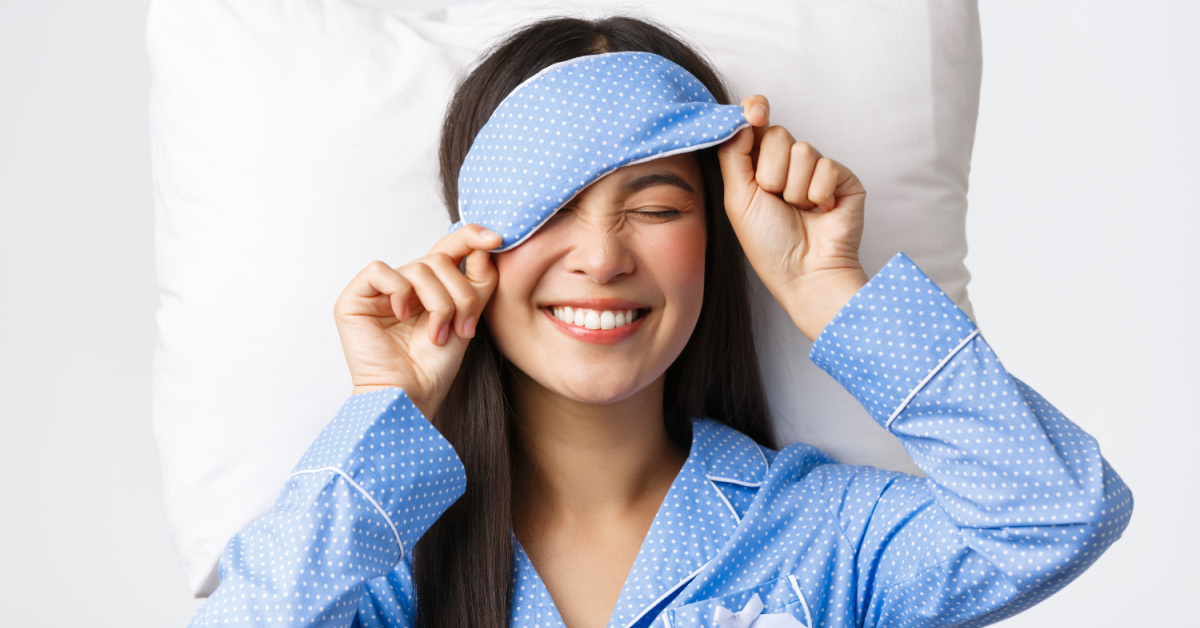By Jo Joiner
Why is it important to get 8 hours of sleep?
The ‘eight hours of sleep a night’ requirement has been drummed into us for decades. Is there any science behind it? Or is it just a habit that feels like fact? Here we take a look at the evidence behind the belief.
Medical News Today says the amount of sleep you need every day depends on your age. They say newborns need 14 to 17 hours; toddlers need 11 to 14 hours; school-aged kids need 9 to 11 hours; teenagers need 8 to 10 hours; adults need 7 to 9 hours; and older adults need 7 to 8 hours. [1]
Harvard Health sums it up as 7 to 9 hours for ages 18 to 64, then 7 to 8 hours for over-64s. [2] Health Navigator in New Zealand agrees with Harvard Health. And the Sleep Health Foundation of Australia has research that shows adults need the magic eight hours of sleep.[3] When you consider all the evidence available, there’s plenty of justification for the generalised eight-hours-a-night prescription for everyone over 18.
So, why do we need to sleep 8 hours a day? Here’s a quick summary of reasons:
1. Sleep allows your brain to deal with the day’s uploads
While you’re sleeping, your brain is busy. It has to sort and store all the information you received during your waking hours. This process is essential for turning short-term memories into long-term memories. If you’re studying or learning on the job, sleep is really important for making sure the new inputs get filed correctly.
2. Sleep supports HGH production for growth and repair
When you’re asleep, your pituitary gland releases growth hormone (HGH) that supports your body’s growth and repair systems. HGH boosts protein production, promotes the utilisation of fat and raises blood sugar levels. For children and teens, HGH also stimulates the growth of bone and cartilage. [4] Not sleeping enough means lower HGH levels, which puts you at risk for heart disease, diabetes and obesity.[5]
3. Your immune system fights inflammation while you sleep
While you’re clocking up your eight hours of sleep, your immune system releases cytokines to fight inflammation, infection and trauma. That’s why sleep is so important when you’re sick or recovering from injury. [6]
4. Sleep makes vaccinations more effective
It’s important to sleep well after you’ve had a vaccination. When you’re short on sleep, the body’s immune response is weaker, which can reduce the vaccine’s protective abilities. Your body needs sleep time to develop immunological memory. [7]
5. Sleep helps to prevent dementia as you age
When you consistently don’t get enough sleep, there’s a higher risk of accumulating beta-amyloid protein plaque in the brain, one of the hallmarks of Alzheimer’s disease. Here’s what Dr Brad Dickerson, associate professor of neurology at Harvard Medical School, says:
“Observational studies have found that adults over age 65 with amyloid plaques in their brain have reduced slow-wave sleep, which is thought to play an important role in memory function, even though these people do not yet show signs of Alzheimer’s.”
6. Sleep helps you to wake up in a positive mood
While you’re asleep, your brain processes your emotions from the previous day. If you don’t get a full sleep, there’s less time for this to happen and a greater chance of waking up grumpy. Chronic lack of sleep also puts you at risk of a mood disorder. One large study showed that insomniacs are five times more likely to get depressed or suffer from anxiety. [8]
7. Insomnia is linked to high blood pressure
Sleeping less than six hours a night increases your risk of high blood pressure (hypertension) by 20%. Hypertension can lead to hardening and thickening of the arteries (atherosclerosis), which can cause heart attacks and strokes. [9]
8. Sleep helps you to stay slim
Lack of sleep is linked to an imbalance between the hormones ghrelin and leptin, which signal your brain to start and stop appetite signals. This can lead to eating too much during the day. Also, you’re less likely to want to exercise when you’re tired.







